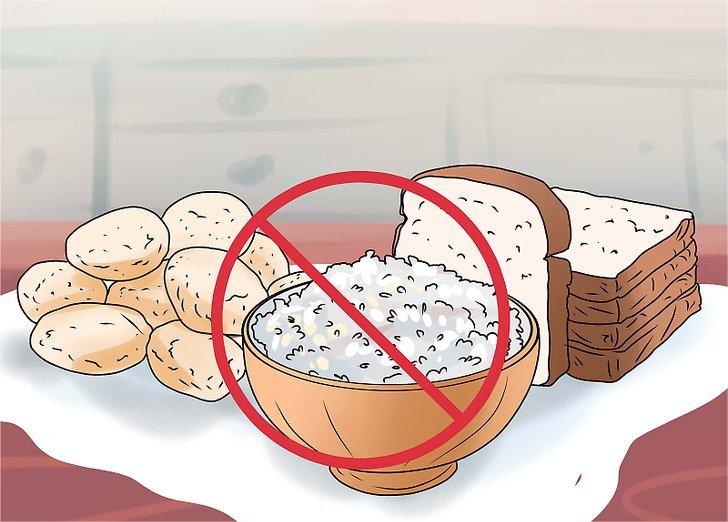Nowadays, we can often hear all kinds of sudden death information. Seeing those young and promising, career flourishing “successful people” died suddenly, all for the pity.
As a physician, it is even more common to encounter similar accidents. However, often there is no way back. Even if the heart resumes beating, irreversible damage has been done to the brain tissue due to prolonged oxygen deprivation. Even if they survive, they will most likely be disabled.
Studies have shown that in most cases, the human brain can tolerate up to six minutes of complete oxygen interruption. Once this time is exceeded, irreversible damage to brain tissue will occur. Beyond 10 minutes, most of the brain cells will be damaged. Therefore, the time left for resuscitation is only 4-6 minutes.
Why only 4-6 minutes?
This is because even the Monkey King cannot arrive at the scene and perform effective resuscitation in three minutes. For example, if a cardiac arrest occurs in a hospital, a family member or other person notices the situation and reports it to the paramedics; the paramedics arrive at the scene and determine the situation before resuscitation can begin. That’s a lot of wasted time.
This is why the vast majority of cardiac arrests are not treated in a timely manner.
So, what can we do to save ourselves or improve some of our chances of being successfully resuscitated?
Early detection and treatment is the key to any disease. Even in the case of cardiac arrest, there is a difference between early and late.
Below, we will briefly talk about this aspect:
First of all, not everyone has a cardiac arrest for no reason. There must be a particular reason why people have sudden cardiac arrest.
Sudden cardiac arrest is generally defined as the heart stopping to beat. In medicine, cardiac arrest is considered to have occurred when the heart loses its pumping function or when the heart’s pumping function is insufficient to support the body’s blood circulation needs.
The possible causes of cardiac arrest fall into two broad categories:
- Changes in the basic structure of the heart, such as rupture of the heart or detachment of valves. Of course, the structure of the heart is usually only damaged in the case of a heart attack or trauma.
- Problems with the heart’s conduction system. The conduction system of the heart is like the power grid of a city. The sinus node of the heart is the power plant, and the various bundles of branches are the wires. Whenever there is a problem with one of the power plants or wires, there will be a blackout.
In fact, the heart itself beats autonomously. That is to say, whether you want it to beat or not, the heart will beat on its own.
However, the beating of the heart can also be affected by external factors. For example, a person’s heart rate increases when he or she is excited. The principle behind this is that the heart’s own conduction system is affected by the rest of the body’s nervous system.
Because of this, factors such as staying up late and being tired can affect the beating of the heart itself. Because of this, the frequency of sudden deaths in recent years is closely related to intense labor or irregular rest. For example, we often see athletes die suddenly, but also see that so-and-so elite suddenly passed away.
Since sudden deaths are so frequent, and the time left for us to save our lives is very little, do we have no chance at all to save ourselves?
No. As mentioned earlier, the word “early” is emphasized in everything.
First of all, realize the problem early. For example, people who are overworked should beware. Especially, those who stay up late. Staying up all night is extremely damaging to the human vegetative nervous system. These people, treat yourself as a danger. Once the body is abnormal, timely medical treatment, do not take it lightly!
Secondly, to recognize early. Anything, not without reason, nor without signs. Only that the sign is not obvious or fleeting.
The same goes for cardiac arrest, which is usually preceded by experiencing a change in the rhythm of the heartbeat or the presence of premature beats. And invariably, these conditions are accompanied by discomfort. When it feels like your heart is beating erratically, be alert immediately!
Of course, there are two groups of people who feel insensitive: the first, those who are big-headed and always very capable of carrying on; the second, the diabetic population. As diabetes damages the nerve endings, the feeling of the heart decreases a lot.
Once you find yourself in cardiac arrest, save yourself early.
On this point, we especially emphasize that the time left for you may theoretically be only 10 seconds. Imagine what can be done in such a short time. Perhaps, only one action can be done.
Among the various actions, making a phone call is preferred. However, it takes 2-3 seconds for the other party to pick up the phone in a relatively quick situation. Therefore, once the call is answered, quickly call out “help me”. After that, quickly tell your location. Remember to call 120 or 110.
If you don’t have a phone at hand, you can only save yourself. If you have quick-acting heart pills, take them under your tongue immediately.
However, in the event of cardiac arrest, circulation stops immediately. Therefore, even if the medicine is taken, it enters the bloodstream through the sublingual vein. However, there is no blood flow and the probability of it working is relatively small.
As doctors, when we are resuscitating a cardiac arrest, we usually hammer the heart with our fists. Relevant studies have shown that this hammering, it is possible to get the heart to beat again.
Therefore, the best way to save yourself is to contain fast-acting heart pills plus hammering on the heart area.
Theoretically, and scientifically proven, hammering is only recommended once when resuscitating cardiac arrest. Hammering more than once may not be effective. However, if there is no other way to save yourself, you can also hammer a few more times. At the same time, to lie down flat, this move is conducive to prolonging the time the brain loses consciousness, but also allows the heart to increase the afterload and increase the blood supply to the heart.
So, how do we recognize that we have suffered a cardiac arrest. It can’t be, calling 120 and hammering the heart at the slightest discomfort, can it?
The main way to confirm cardiac arrest is to make sure that the heart is still pumping. If the heart pumps blood normally, the radial artery will beat if the radial artery and the arteries belonging to it are normal. Touch the radial artery beat, is we often feel the pulse position.
Of course, if you have some medical knowledge, you can also feel the carotid artery or temporal artery, these arteries will help you quickly determine whether the heart is pumping normally.
The normal heart rate for a human being is, at least, 60 beats per minute. This means that there will be at least one heartbeat every second. Therefore, when feeling for a pulse or other arteries that are not pulsing for 2-3 seconds, you can determine that a cardiac arrest has occurred.
As soon as you think that cardiac arrest has occurred, grab a phone call or contain medication, hammering plus lie down.




